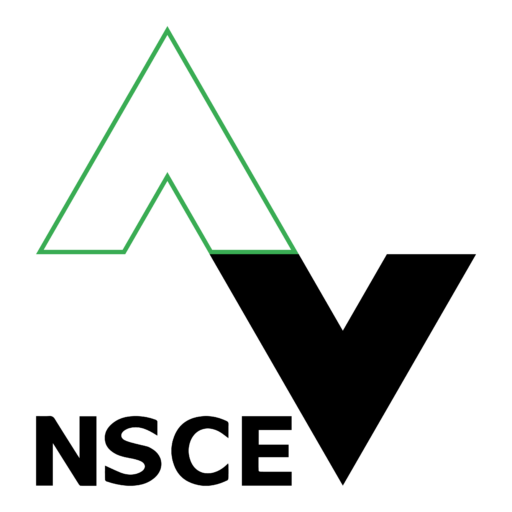Capacity Building & Awareness Raising
Description
Integrating women in the concept of Integrated Water Management (IWRM) is of utmost necessity taking into account their value as water consumers and as environmental educators/communicators both within their family and local community.
A deliberate strategy of gender mainstreaming is therefore useful to ensure that water issues that affect women (and men) are part of the planning, implementation, evaluation and analysis of any project and program and also a part of decision making.
More importantly, gender mainstreaming can assist in bringing about institutional and organizations change needed to ensure gender equality as an ongoing commitment.
Within the scope of the United Nations Development Framework (UNDAF) for Egypt and in conformity with UNESCO’s action in favor of women, the UNESCO Cairo Office supported the development of an information toolkit on the role of women in IWRM.
The overall objective of the assignment was to raise the awareness and increase the capacity building of practitioners, extension workers, civil society and local communities towards an increasing involvement of women in integrated water resources management and policy making.
The specific objective of the assignment was to develop an information toolkit on gender and IWRM in Egypt as a pilot for Arab States to be disseminated among different water management stakeholders (public and private) at national and governorate levels.
Services
- Conduct In-depth literature review on IWRM in Egypt, and efforts to mainstream gender.
- Conduct Qualitative fieldwork (in-depth interviews and focus group discussions) in Fayoum and Sharqeya governorates with ministry staff, farmers, and WUA members to gather relevant primary data.
- Develop toolkit content in English and Arabic
- Design and production of toolkit
- Conduct dissemination workshop with water management stakeholders


